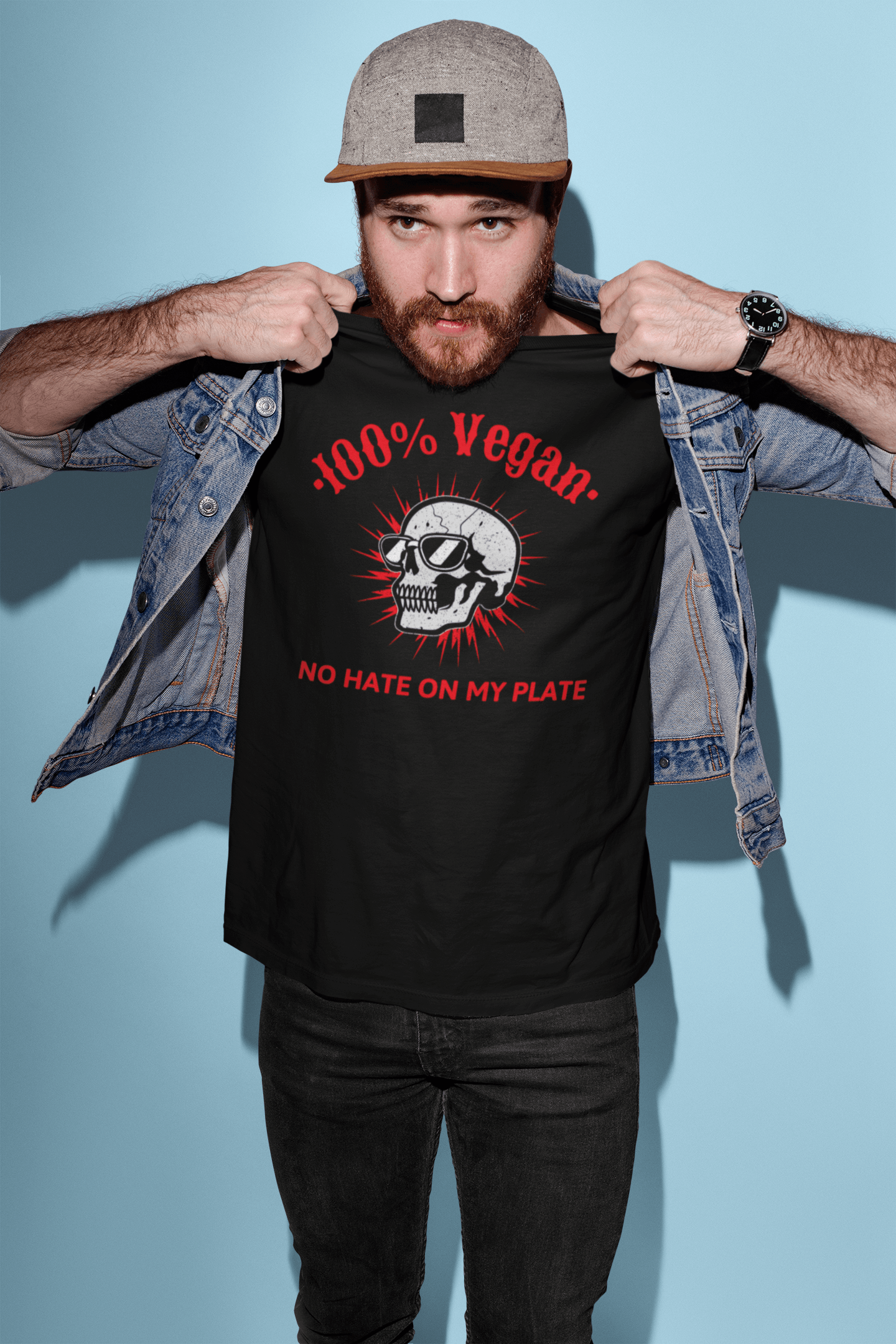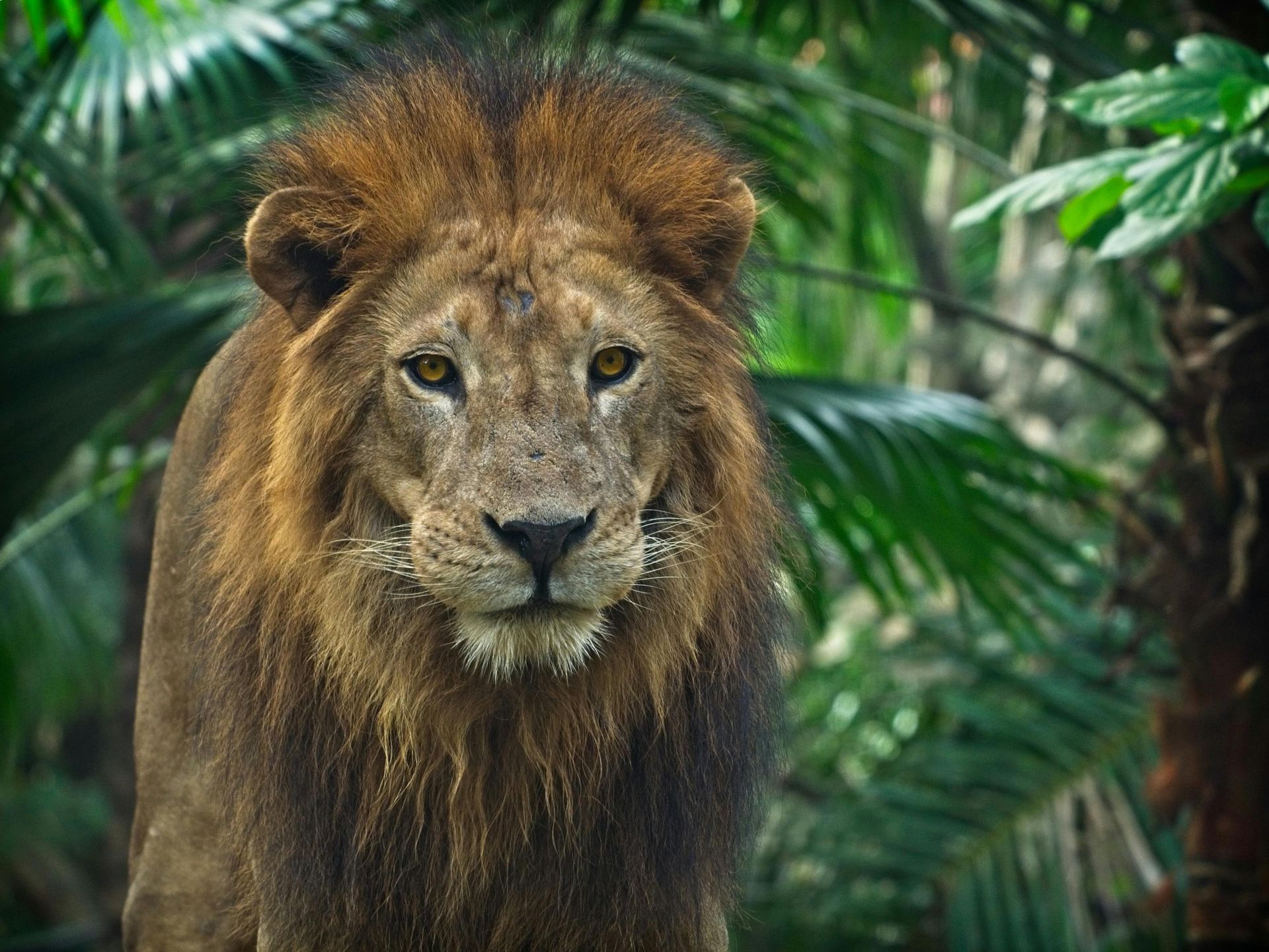Vegan History: Three Famous Figures Who Helped Pioneer The Vegan Way
Much More Than a Fad Diet - Veganism is a Lifestyle with a Long History

Have you ever been told that veganism is just a fad? That the real reason people chose a plant-based is because they want to be trendy, or that they’re just jumping on the bandwagon.
Well, today we wanted to push back on that argument by talking about three historical figures who helped to lay the groundwork for the modern vegan movement and show just how long the plant-based way has been around.
1. Nikola Tesla
As one of history’s most forward-thinking visionaries, it should come as no surprise to discover that Nikola Tesla was ahead of the curve on animal rights. Over the course of his life, Tesla began substituting meat for fish and in later years he even gave up fish altogether.
Although he never went truly vegan, Tesla made numerous arguments about the value - both ethically and practically - of a plant-based diet. As a man of science, he argued that “the raising of cattle as a means of providing food” was “objectionable” because it provided less energy than plants while requiring more labour. Put simply, instead of growing plants for humans to eat, a meat diet means growing plants for animals to eat so that humans can eat those animals. Tesla argued that this was economically inefficient whilst also contributing to poverty and famine, which he referred to as “the chief evil” in “our enlightened age”.
2. Leo Tolstoy
Heralded by many as the greatest novel ever written, War and Peace - Tolstoy’s most famous work - is a 590’000 word tome exploring themes of love, death, and the search for meaning, all against the backdrop of the Napoleonic wars. It’s a novel that’s resonated with countless readers and shows a deep care and empathy on the part of its writer for the plight of others.
It’s no wonder, therefore, that in the later years of his life, Tolstoy grew very concerned with the way human beings treated animals. He adopted a plant-based diet and was vocal in his belief that eating meat was immoral.
In his own words:
“A man can live and be healthy without killing animals for food; therefore, if he eats meat, he participates in taking animal life merely for the sake of his appetite. And to act so is immoral.”
3. Mary Shelly
From one famous writer to another, our final figure was a pioneer in more ways than one. Credited by many as the first science fiction novel ever, Mary Shelly’s Frankenstein has managed to captivate and terrify readers ever since it was first published over 200 years ago.
As the daughter of William Godwin and Mary Wollstonecraft, Shelly was raised around progressive ideas. In 1813 her husband - the poet Percy Shelly - published
A Vindication of the Natural Diet,
which made the case that “those who love happiness and truth” should “give a fair trial” to a vegetable-based diet. It’s clear that the two shared their beliefs about the rights of animals because, just a few years later, when Mary Shelly published her most famous work, she chose to incorporate them into the narrative.
“My food is not that of man,” says the monster. “I do not destroy the lamb and the kid to glut my appetite; acorns and berries afford me sufficient nourishment.”
Two centuries later, the choice to portray her monster with more compassion for nature than any of the human characters in her novel remains a powerful statement about the injustice of animal exploitation.
Vegan Gently Blog
















